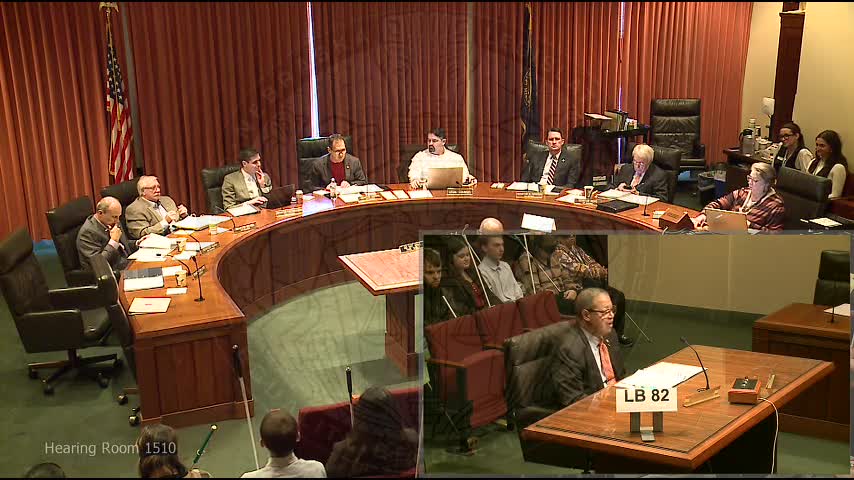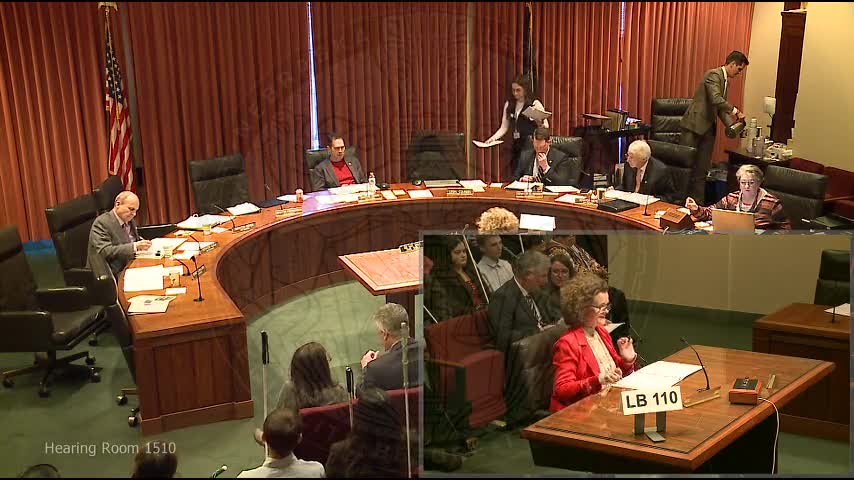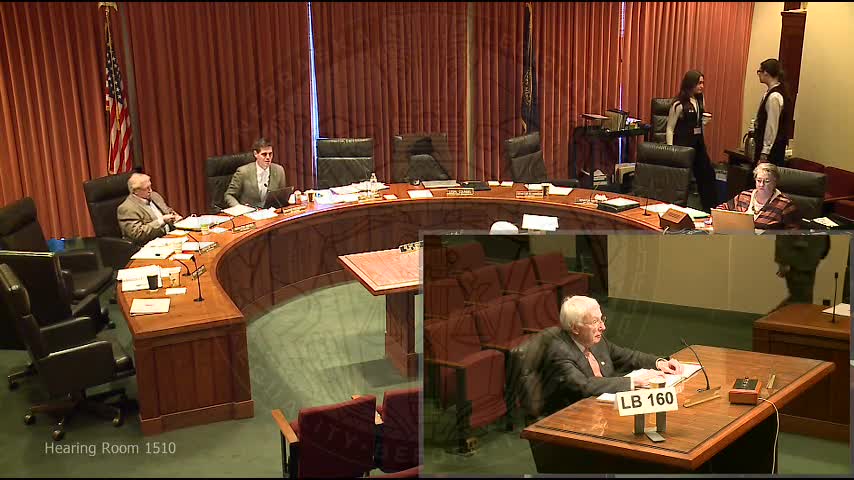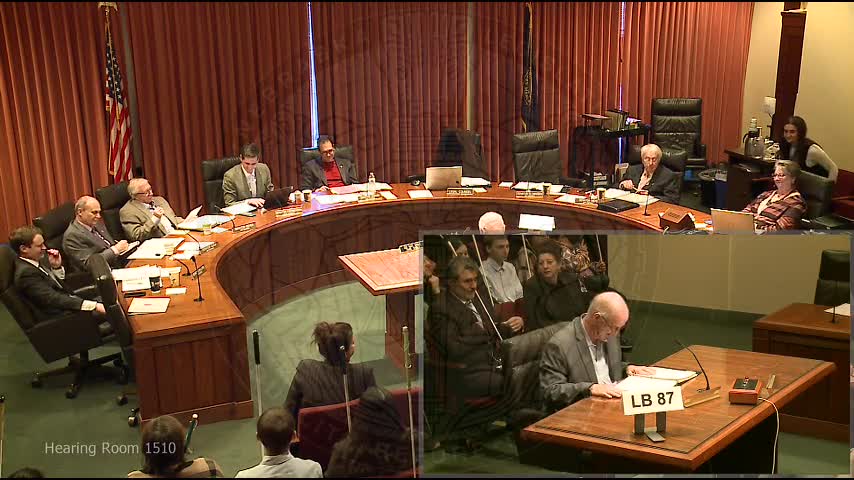Article not found
This article is no longer available. But don't worry—we've gathered other articles that discuss the same topic.

Nebraska hearing spotlights cosmetology licensure compact as supporters tout mobility, opponents warn of lower training standards

Committee hears bill to require informed consent before intimate exams on unconscious or anesthetized patients

Bill would allow earlier retest option for barber licensure after two failures; educators support, some owners urge caution

